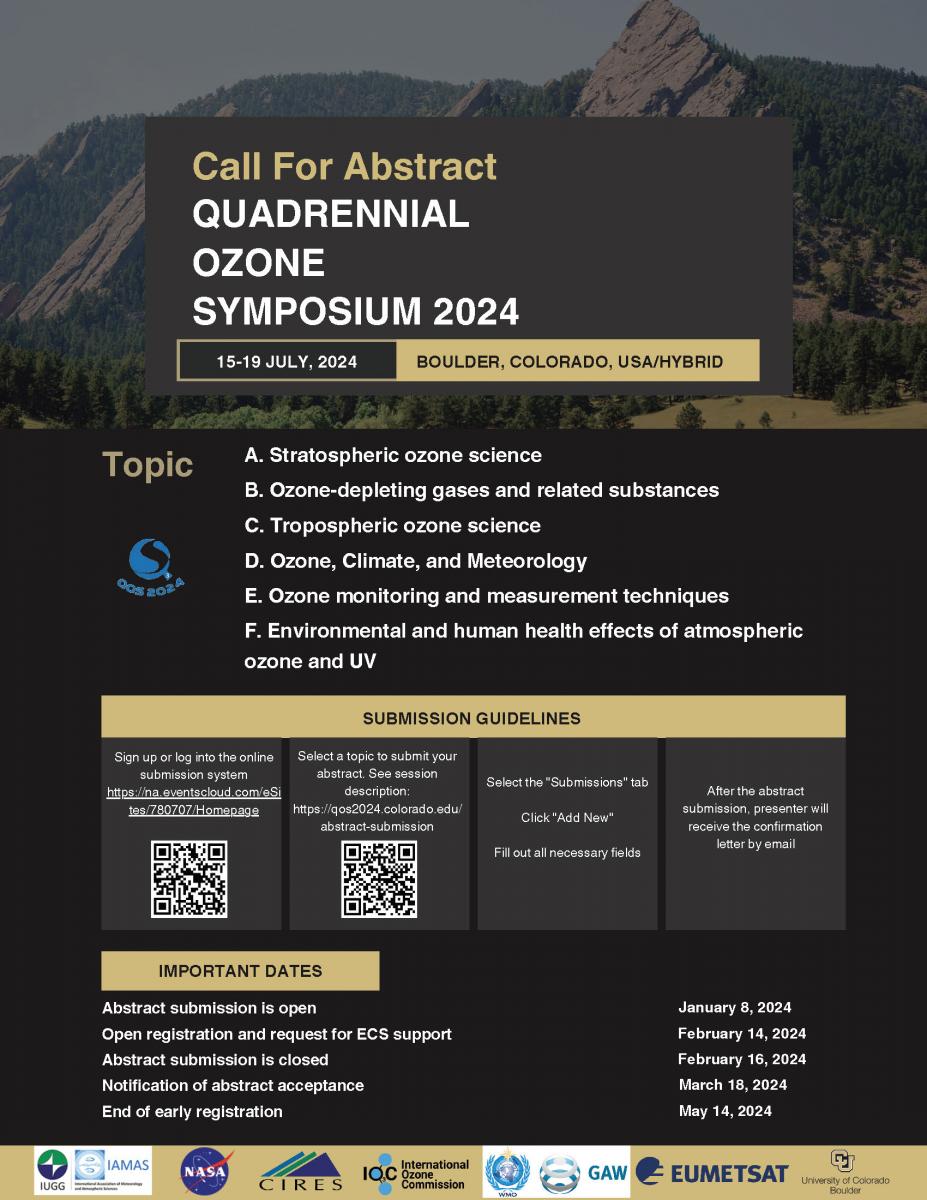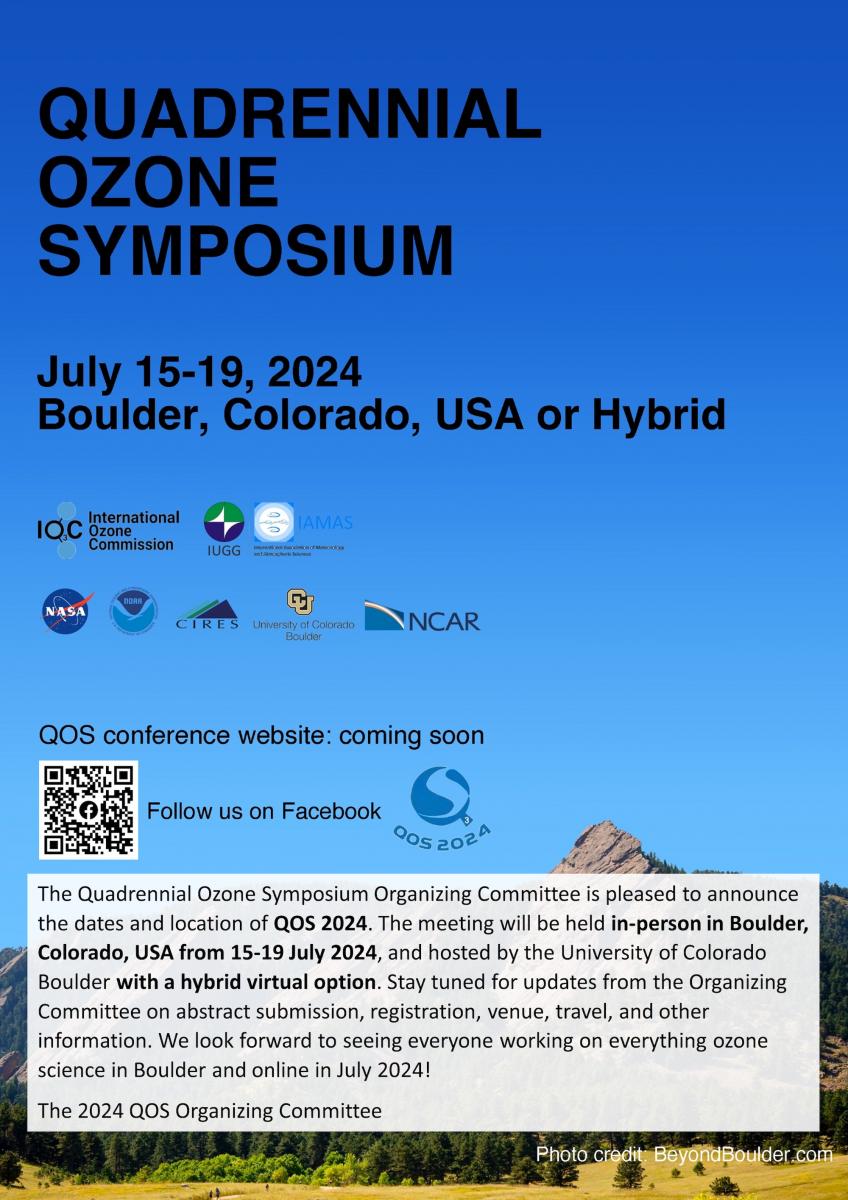Press Release: The International Ozone Commission, on the 38th anniversary of the Montreal Protocol, underscores the success of the protocol, and stresses the value of continued observations, modeling, and research.
The 38th International Day for the Preservation of the Ozone Layer, September 16, 2025, marks the anniversary of the signing of the 1987 Montreal Protocol on Substances that Deplete the Ozone Layer. This protocol, a treaty signed by every country in the world and hailed as among the most successful international agreements to date, controls the production and use of ozone depleting substances (ODSs) such as chlorofluorocarbons (CFCs) and the other substances used as initial CFC replacements. As a result of the actions taken worldwide in response to the protocol and its amendments and adjustments, atmospheric abundances of ODSs are declining, and the stratospheric ozone layer, which shields life on Earth from harmful solar ultraviolet radiation, is showing clear signs of recovery.






